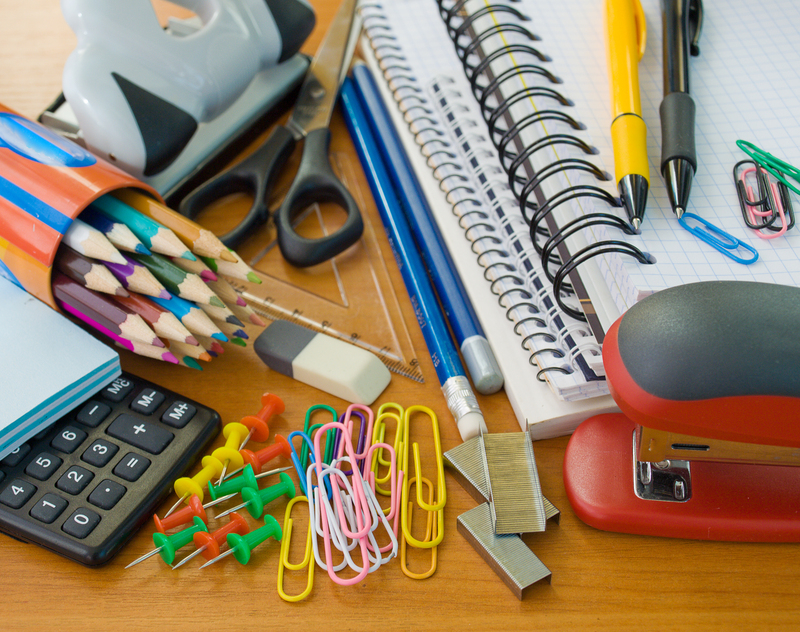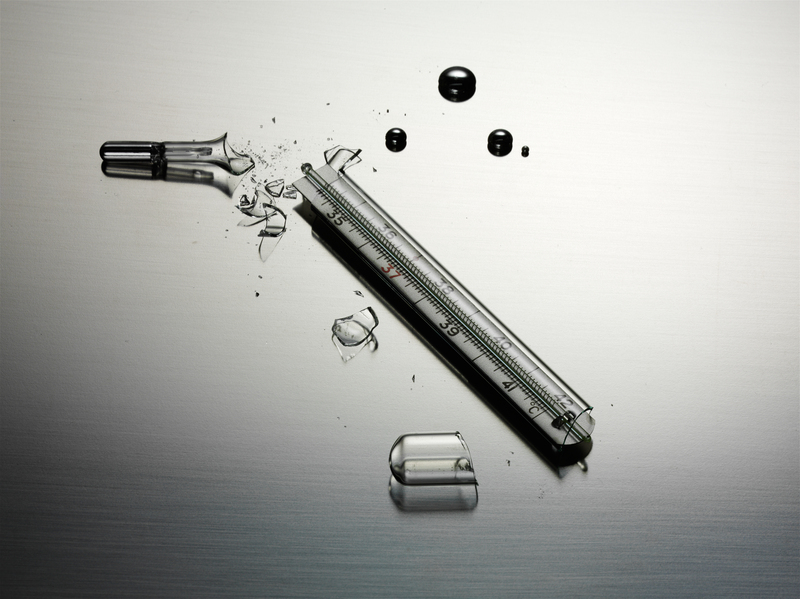
The Hard Rubbish Chronicles: From Recognition to Disposal
Disposing of hard rubbish effectively is an important challenge faced by many communities today. This issue, if not handled correctly, can have environmental consequences, health risks, and clutter public spaces. This comprehensive guide, titled 'The Hard Rubbish Chronicles' will take you on a journey from identifying what constitutes hard rubbish to the strategies for its effective disposal.
Understanding Hard Rubbish
Defining hard rubbish is the first step toward effective management. Hard rubbish or "bulk waste" typically includes large household items that cannot fit into a standard rubbish bin and require special disposal methods. These could be old mattresses, broken furniture, large electronic items, and household appliances.
Common Types of Hard Waste
- Old furniture such as sofas, tables, and chairs
- Household appliances including fridges, washing machines, and ovens
- Large electronic items, like televisions and computers
- Piles of scrap metal or timber
- Mattresses and bed frames
- Carpets and rugs
The Need for Proper Disposal
Why it's essential to dispose of hard rubbish correctly? Improper disposal can lead to significant environmental impact, including leaching of hazardous materials into the soil and water. Moreover, it can become a potential breeding ground for pests and lead to community health crises.
Environmental Impact of Hard Waste
Large electronic and household items can contain harmful substances such as lead, mercury, and cadmium. It's imperative to ensure that these components do not end up in landfills where they can cause pollution.
Health and Safety Concerns
Piling up hard waste in public spaces can obstruct pathways and lead to physical injuries. It's crucial that communities address these risks by promoting responsible disposal methods.
Methods of Disposing Hard Rubbish
Effective disposal involves a multi-faceted approach that includes recognizing the type of material, reusing, recycling, and safe disposal. Here are some of the most effective methods for hard rubbish disposal:
1. Reuse and Donate
- Donation: Many charities or organizations accept certain types of hard waste that are still in good condition.
Old furniture, electronics, and appliances can be donated to help those in need. Check for local charities that accept used goods. - Upcycling: Turn something old into something new. Creative upcycling projects can transform hard rubbish into useful household items.
2. Recycling
Not all waste needs to go to the landfill. Many materials found in hard rubbish can be recycled:
- Electronic Waste: Many councils offer e-waste recycling programs for your old gadgets.
- Metal and Timber: These materials are often recyclable. Scrap metal yards will usually accept metal items.
3. Council Collection Services
Many municipal councils provide scheduled hard rubbish collection services as part of their waste management programs. Stay informed on local collection dates to take advantage of this service.
4. Hiring a Skip Bin
For a significant amount of hard waste, hiring a skip bin may be a viable option. Many companies offer rental bins specifically for the collection and disposal of these items. Make sure the company follows environmentally friendly disposal practices.
Innovative Hard Rubbish Solutions
Community Initiatives
Increasingly, communities are recognizing the importance of responsibly managing hard waste. Initiatives such as neighborhood swap meets and zero-waste programs are gaining traction.
Government Policies and Support
Governments are implementing stringent regulations to manage hard waste sustainably. Policies focusing on recycling incentives, establishing e-waste recycling centers, and educating the public about the dangers of improper waste disposal are critical components.
Conclusion
The journey from recognition to disposal in the Hard Rubbish Chronicles reflects our collective responsibility to maintain a cleaner, safer environment. Understanding, sorting, and correctly disposing of hard rubbish helps keep our communities and ecosystems healthy. Through individual actions and community efforts, we can manage our bulk waste effectively, ensuring a sustainable future for generations to come. Remember, it all starts with understanding what constitutes hard rubbish and following through with the most suitable disposal option.
